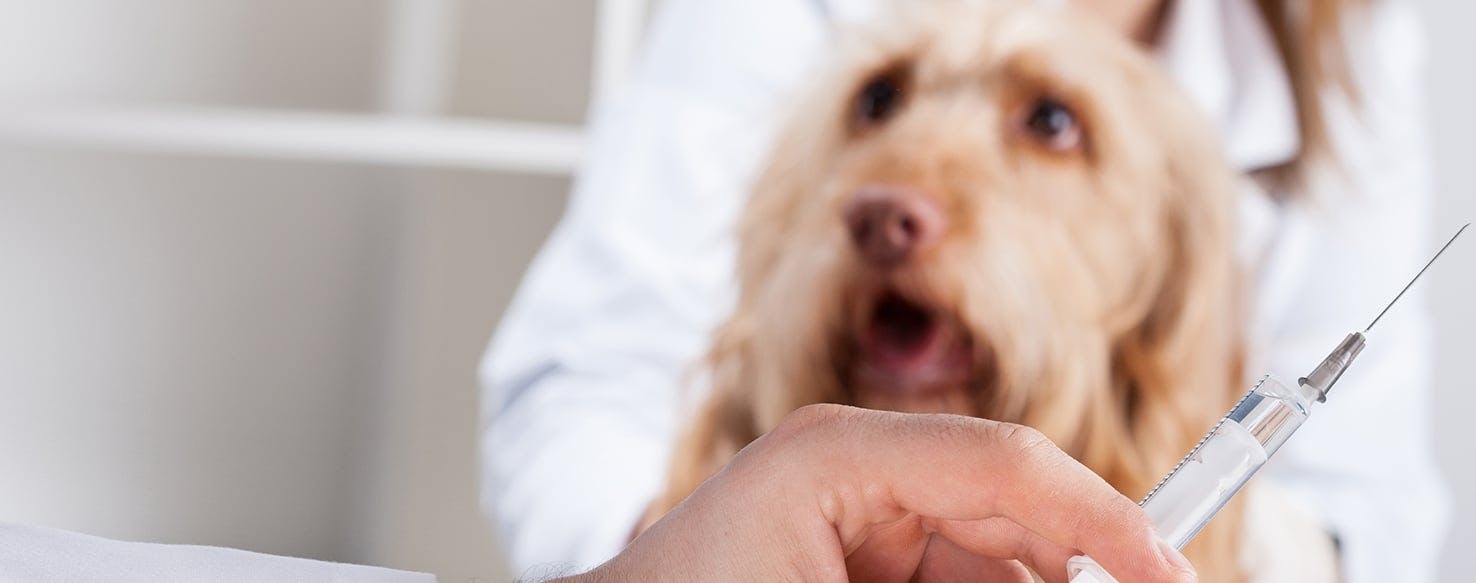If your dog is facing surgery that requires anesthesia, there is nothing unusual about wondering if some dogs are more sensitive to anesthesia than others. In fact, according to many veterinary surgeons, this is a very common question. Today, thanks to the efforts of many breeders to create breeds with specific characteristics, there are now more than 170 different recognized breeds of dog in the U.S. alone. Despite the incredible number of different breeds, veterinary experts agree that there can be a significant concern regarding sensitivity to anesthesia. One breed, in particular, has been found to actually have a natural anesthesia sensitivity, and that is Greyhounds.
Other sighthounds, such as the Borzoi and Afghan Hound, also experience more effects from anesthesia. It may be due to their lean muscle mass and prolonged recovery from anesthesia is often seen, alerting veterinarians to be extra-cautious with these breeds when certain anesthetizing drugs are used.
Why Do People Think Their Dog May Be Sensitive to Anesthesia?
Having said this, you should be aware that while a specific breed may not actually have a true anesthesia sensitivity, any use of anesthesia may require specific conditions. In part, this is the fault of human beings. We have invested decades in customizing dogs through breeding and genetic engineering. While this may have created what some might call the "perfect" breed, doing so has created unique physiologic, anatomic, and metabolic characteristics. In turn, this may have a significant impact on how a particular breed will react to anesthesia.
So many times, people take their dogs in for surgery, only to tell their vet that their breed is "sensitive" to anesthesia. This could be Chihuahuas, Bulldogs, Great Danes, and virtually any breed in the country. Far too many people labor under this myth and put their dog at risk of not getting the surgery they need or making life unnecessarily difficult for the surgeon. The reality is that sensitivity to anesthesia in dogs is far more myth than it is a reality.
However, older canines and those who have certain health conditions will need special monitoring while under anesthesia. This is why the veterinarian always performs blood tests to evaluate liver and kidney function, as well as test for conditions like anemia which can affect organ function.
Size Matters When It Comes to Anesthesia
Rather than sensitivity to anesthesia based on breed, the size of the dog is more of a factor. For example, if you give the same amount of anesthesia to a Chihuahua you would use for a Great Dane, the effects would be too great. On the converse side of the coin, if you gave the Great Dane the same dosage as you would a Chihuahua, the Great Dane would still be wide awake for his surgical procedure.
However, giant breed dogs warrant special consideration when it comes to anesthesia; it seems that the same mg/kg dose used on smaller dogs is not prescribed for giant breeds because of their metabolic rate. Giant breed dogs are also considered to be "senior" at a younger age than small breeds, basically due to their size.
Age Also Plays a Role
Many, if not most, vets have had at least one patient who has told them their dog is too old for anesthesia. The reality of this is that age plays a very small role in deciding whether or not to anesthetize your dog. As long as your dog passes all of the preliminary workups, there is no reason why they cannot undergo anesthesia and the subsequent surgical procedure.
Your vet will conduct blood tests, x-rays, ultrasounds, and a full physical exam as needed to ensure your pup is healthy enough for surgery. Your vet will custom tailor the amount of anesthesia and the method used to meet the age and health of your four-legged friend. If things look complicated, the vet may call in a board-certified anesthesiologist for a consultation.
Have a Discussion With the Vet
When your pup needs to be anesthetized, rather than believing the myths that some dogs are more sensitive to the drugs used than others, talk to your vet first. He will work with you to thoroughly examine your dog and make sure they are healthy enough for the procedure. No matter what breed of dog you have, your vet and a board-certified anesthesiologist are the only ones who have the skill and the knowledge to make the right decision regarding the amount and type of anesthesia that will work best for your dog.


